Gray•Duffy Attorney Obtains Favorable Summary Judgment Ruling
November 2004
Gabriel H. Wainfeld from Gray•Duffy’s Encino office obtained a favorable ruling on a motion for summary judgment in a recent premises liability case.
On January 26, 2000, the Plaintiff in the case was shopping at a retail store in Lancaster, California with her two children. Plaintiff then left the store and entered the parking lot pushing her shopping cart. While pushing the cart, Plaintiff tripped and fell. Plaintiff contended that one of the wheels of the cart landed in a hole in the parking lot, causing the cart to turn and land on its side onto the pavement. Plaintiff sued the landlord and the retail store.
Plaintiff contended that the retail store had a duty to make sure the parking lot area was safe and to maintain and repair the area to make sure no dangerous conditions existed. The lease required the landlord to maintain and repair the parking lot area, and not the store. Acting on behalf of the store, Mr. Wainfeld filed a motion for summary judgment (MSJ) contending there was no duty to correct any dangerous condition in the parking lot. However, Plaintiff argued in opposition to the motion for summary judgment that Defendant’s employees had notice of the dangerous condition, and since Defendant’s customers regularly used the parking lot, an injury resulting from a dangerous condition was foreseeable. In addition, since the store retrieved shopping carts from the parking area, that gave the store an implied duty to maintain and look for dangerous conditions.
As part of her opposition to the MSJ, the Plaintiff attached a declaration declaring that the store manager admitted fault and that the hole should have been repaired by the store. Plaintiff also attached the declaration of her husband who declared he spoke to an employee after the accident, who admitted that the store was responsible for fixing the hole in the parking lot and that someone else had previously tripped.
Mr. Wainfeld argued that the lease agreement was specific, that the landlord was responsible for maintaining the parking lot and that there was no duty on the part of the store. Mr. Wainfeld objected to the declarations of the Plaintiff and her husband as being unreliable, since the declarations did not identify any manager or employee by name or describe them in any way.
The court granted the motion for summary judgment, ruling that Plaintiff did not provide any competent evidence that Defendant store owed, controlled or maintained the parking area, and agreed the declarations were not reliable.
Smith v. 99 Cent Only Stores, et al, Los Angeles Superior Court Case No. 01C00109.
Please Note: This article is necessarily general in nature and is not a substitute for legal advice with respect to any particular case. Readers should consult with an attorney before taking any action affecting their interests.


